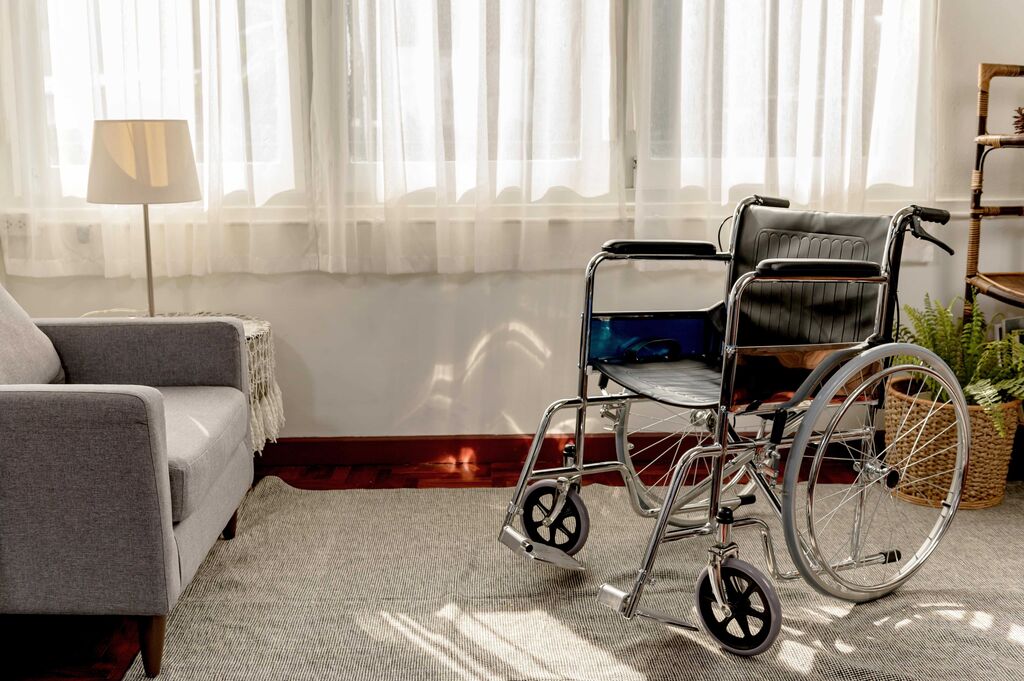Assisted Suicide
Jersey one step closer to legalising assisted suicide

Jersey's States Assembly has approved plans to allow assisted suicide for terminally ill individuals experiencing unbearable suffering.
This decision follows extensive debate on two potential routes for assisted dying, ultimately approving the option for terminally ill patients by a vote of 32 to 14. However, a proposal to include those with incurable, non-terminal conditions was rejected by 27 to 19.
The assembly's vote initiates an 18-month period for drafting the law, with a debate expected by the end of 2025.
If the law passes, implementation could begin by summer 2027.
Chief Minister Lyndon Farnham emphasised the inclusion of "robust safeguards" in the forthcoming legislation. Health Minister Tom Binet expressed personal regret over the exclusion of non-terminal conditions but acknowledged the assembly's decision.
Jennifer Bridge, leader of the Jersey Assisted Dying Action Group, and Sarah Wootton, CEO of Dignity in Dying, praised the decision as a compassionate move aligning with public sentiment.
Deputy Barbara Ward, who worked as a nurse for 45 years, stood against the proposal and says the bill should be known as the “assisted suicide bill”, rather than ‘assisted dying’.
While Deputy Sir Philip Bailhache raised concerns over the impact on disabled people. He says that if approved, Jersey risked becoming a society that told disabled people their lives are not as valued as those of non-disabled people.
Similarly, the Dean of Jersey, the Very Reverend Mike Keirle highlighted worries about “external pressures” on vulnerable people.
“It would be fantastically naive to think that people won’t come under some kind of indirect societal pressure," he said.
Patrick Lynch of Caritas Jersey expressed frustration claiming it would be better for the States to “spend public money on addressing poverty and issues in other areas of healthcare rather than assisted dying”.
A majority of members supported an opt-out for health professionals and a minimum 14-day period between a formal request and the administration of the assisted death substance.
The debate was marked by emotional personal testimonies and serious concerns over the need for urgent work to be made on protections in order that vulnerable people were never pressured into assisted dying.
The assisted dying scrutiny panel have requested a palliative care strategy to be published at least two months before final legislation is approved.
Share
